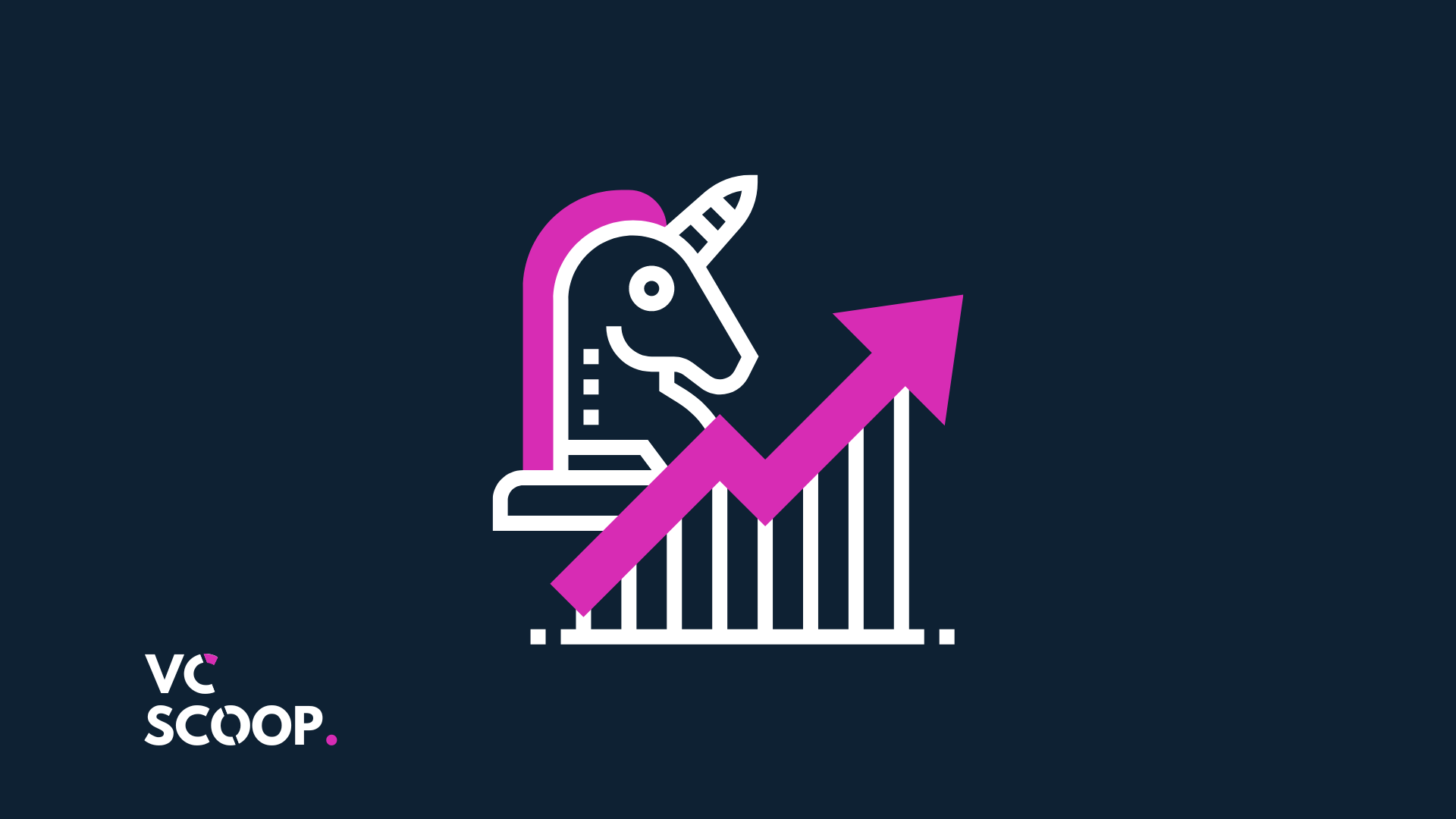TL;DR
A Unicorn refers to a private startup company with a valuation of $1 billion or more. Unicorns are typically backed by venture capital firms and represent companies with high growth potential in emerging or disruptive industries.
Unlike publicly traded companies, unicorns are privately owned and have not yet gone through an Initial Public Offering (IPO) or sale. They often experience rapid growth and scale globally, gaining market share at a pace that outstrips traditional businesses.

How Do Startups Achieve Unicorn Status?
Achieving unicorn status is no small feat. It usually involves a combination of innovative products, strong market demand, and substantial venture capital investment.
Here are some of the key factors that contribute to a startup reaching a $1 billion valuation:
1. Disruptive Innovation
Unicorns often emerge in industries where they introduce disruptive innovations. These companies offer a product or service that changes the way a particular industry operates, solves an unmet need, or creates a completely new market.
By disrupting traditional models, unicorns can rapidly gain a competitive edge and attract customers at scale.
- Example: Airbnb disrupted the traditional hospitality industry by allowing people to rent out their homes and apartments to travelers, creating a new market for short-term accommodations.
2. High Growth Potential
Unicorns tend to operate in markets with enormous growth potential, often enabled by technology.
These startups typically target large, underserved markets or introduce scalable technology that allows them to grow rapidly.
The ability to scale quickly is key to achieving the type of growth that can push a company’s valuation into unicorn territory.
- Example: Uber’s ride-hailing platform disrupted the transportation industry and scaled quickly across the globe, leading to its valuation crossing the $1 billion mark in a few short years.
3. Strong Venture Capital Backing
Venture capital funding is a critical factor in reaching unicorn status. Startups that achieve a $1 billion valuation are often backed by multiple rounds of venture capital from top-tier investors.
These investors provide not only the capital needed to fuel growth but also strategic advice and connections to help the startup scale.
- Example: Companies like Stripe and Robinhood received large rounds of funding from venture capital firms like Sequoia Capital, Andreessen Horowitz, and others, propelling their valuations to unicorn status.
4. Scalability and Global Reach
Unicorns often have business models that are highly scalable, meaning they can expand their operations rapidly without a proportional increase in costs.
Technology companies, in particular, can scale globally because digital platforms or software products can be easily distributed across borders, allowing unicorns to tap into massive markets.
- Example: Zoom, a video conferencing platform, became a unicorn by offering a scalable software product that quickly gained global adoption, especially during the COVID-19 pandemic.
5. Strong Leadership and Vision
Unicorn startups are often led by visionary founders who can articulate a bold vision for the company’s future and inspire investors, employees, and customers.
Founders with a clear long-term strategy and the ability to execute are essential in guiding the company through rapid growth and expansion.
- Example: Elon Musk’s leadership and vision were instrumental in Tesla’s early development, helping it evolve from a startup into a unicorn and, later, a publicly traded giant.
Industries Producing the Most Unicorns
While unicorns exist in a variety of industries, some sectors are more likely to produce billion-dollar startups due to their high-growth nature and disruptive potential. The following industries are known for generating the most unicorns:
1. Technology (SaaS, Fintech, and AI)
The tech industry, especially Software-as-a-Service (SaaS), financial technology (fintech), and artificial intelligence (AI), has been a major producer of unicorns. Companies in this space benefit from scalable digital products and services that can rapidly reach global audiences.
- Examples: Slack (SaaS), Stripe (fintech), and UiPath (AI and automation).
2. E-commerce
E-commerce startups have also seen significant success, with companies building platforms that cater to online shopping, digital marketplaces, and direct-to-consumer brands. The rise of online shopping and digital transactions has driven unicorn valuations in this space.
- Examples: Shopify, Instacart, and Pinduoduo.
3. Healthcare and Biotechnology
Healthcare and biotech unicorns are driving innovation in fields such as telemedicine, pharmaceuticals, and gene therapy.
These companies often target life-saving treatments or disruptive healthcare technologies, attracting large investments and growing rapidly as they address critical needs.
- Examples: 23andMe, Moderna, and Ro (telemedicine).
4. Transportation and Mobility
Startups in transportation, mobility, and the sharing economy have also produced several unicorns.
Companies that offer solutions to modern transportation challenges, whether through ride-sharing, electric vehicles, or logistics, are capitalizing on shifts in how people and goods move.
- Examples: Uber, Lyft, and Nuro (autonomous vehicles).
5. EdTech
The education technology (EdTech) sector has seen a boom, especially in light of the COVID-19 pandemic, which increased demand for online learning platforms and tools.
Unicorns in this space are leveraging technology to make education more accessible and scalable.
- Examples: Byju’s and Coursera.
Notable Unicorns
Here are a few of the most well-known unicorns that have transformed their industries:
- Airbnb: A platform for short-term rentals that disrupted the traditional hotel industry.
- Stripe: A fintech company offering payment processing solutions for online businesses.
- SpaceX: Elon Musk’s private space exploration company, which has transformed the space industry.
- Byju’s: An EdTech company offering online learning solutions, particularly in India.
- Robinhood: A commission-free stock trading platform that revolutionized retail investing.
Conclusion
A Unicorn represents more than just a high valuation; it symbolizes a company’s ability to disrupt industries, scale rapidly, and attract significant investment.
Interested in learning more VC related terms? Head over to our VC glossary!

